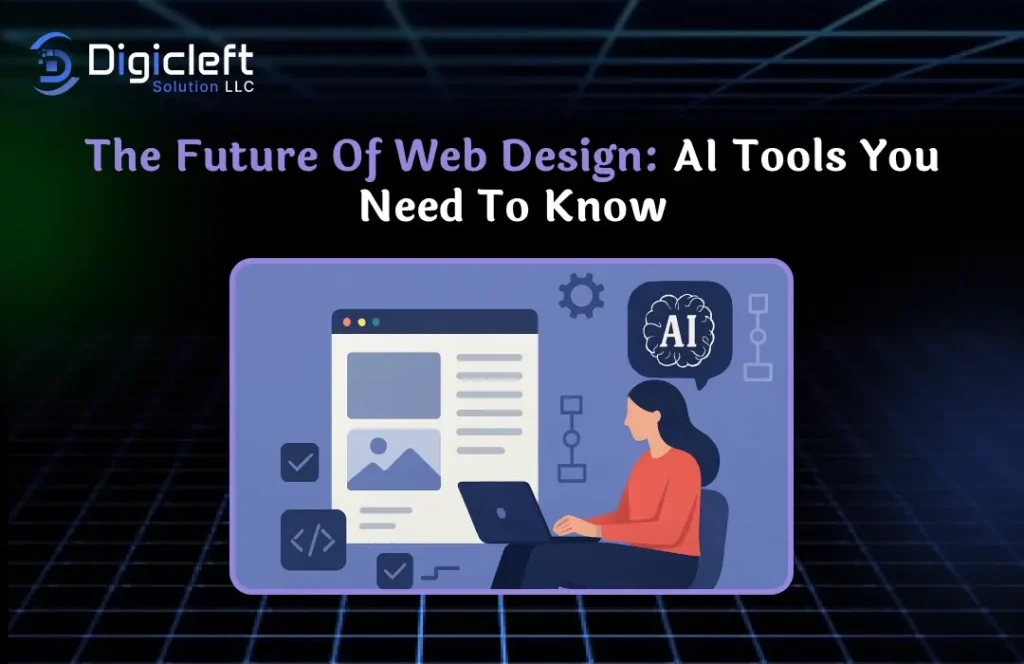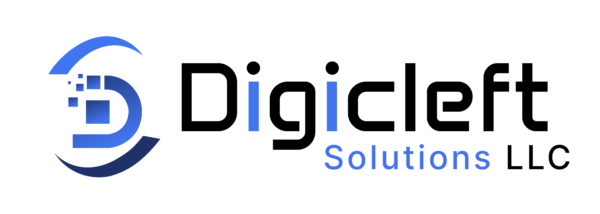
The future of web design isn’t just about pretty websites anymore it’s about smarter, faster, and more personalized experiences powered by Artificial Intelligence (AI). From writing web copy to designing entire layouts in minutes, AI tools are rewriting the rules of digital design. If you’re in business, staying ahead of these changes is no longer optional it’s survival.
The Evolution of Web Design
Think back to the early 2000s when websites were basically digital brochures. Fast forward to today, users expect websites to feel alive, intuitive, and almost human. Static HTML pages gave way to CMS platforms like WordPress, followed by mobile-first design. Now, AI-driven platforms are taking center stage automating workflows, predicting user behavior, and even building sites from scratch. We’ve entered a new era where AI doesn’t just help it co-creates.
Why AI is Transforming Web Design
AI is making waves in web design because of three things: speed, personalization, and scale. AI builds pages in minutes, personalizes user experiences in real-time, and helps businesses deliver cost-effective, customized results faster than ever. It’s not replacing designers it’s giving them superpowers.
AI-Powered Website Builders
- Wix ADI: Creates a complete website in minutes based on your answers.
- Bookmark AIDA: Uses machine learning to customize design elements.
- Durable AI: Perfect for small businesses, building ready-to-go websites instantly.
AI for UX and UI Design
- Figma AI Plugins: Automates tweaks, suggests color palettes, and generates layouts.
- Uizard: Converts sketches or wireframes into working prototypes.
AI in Content Creation
- Jasper AI: Generates blog posts, landing page text, and product descriptions.
- ChatGPT: Great for microcopy like CTAs, tooltips, and FAQs.
AI for Visual Design
- MidJourney: Generates custom illustrations.
- Canva AI: Resizes, edits, and suggests designs.
- Adobe Firefly: Brings generative AI to Adobe’s ecosystem.
Personalization with AI
AI powers websites that feel like they “get you.” From dynamic landing pages to Netflix-style recommendations, AI personalizes browsing experiences in real-time.
AI in Web Accessibility
Accessibility used to be a big challenge for developers. AI tools like accessiBe automatically adjust font sizes, contrast, and navigation for impaired users making the web inclusive and compliant.
AI Chatbots and Virtual Assistants
AI chatbots answer FAQs instantly, provide 24/7 support, and integrate seamlessly with platforms like Shopify or WordPress. When needed, they escalate to humans without friction.
AI for SEO and Analytics
- Surfer SEO: Optimizes content for search engines.
- Clearscope: Helps writers target keywords with precision.
- Predictive Analytics: Anticipates user behavior to guide marketing strategies.
AI in E-commerce Design
In e-commerce, AI drives revenue by powering product recommendations, smarter search, and personalized checkout flows. It’s like having a digital salesperson who never sleeps.
Challenges of AI in Web Design
Over-reliance on automation can create cookie-cutter designs. Ethical concerns about originality and job fears among designers exist. But AI is a tool not a replacement. Creativity still requires the human touch.
Future Trends in AI Web Design
- Voice-first design for smart assistants.
- Generative design systems adapting layouts dynamically.
- Hyper-personalized websites tailored to individuals.
How Businesses Can Prepare
Businesses should embrace AI by experimenting with different tools and combining AI efficiency with human creativity. Think of AI as your co-pilot, not the pilot.
Conclusion
The future of web design is not just exciting it’s inevitable. AI is reshaping how we design, build, and experience the web. From chatbots to personalization, AI makes the digital world smarter and more human-friendly. The sooner you explore AI tools, the faster you’ll future-proof your online presence.
FAQs
Q1. Will AI replace web designers?
No. AI helps with speed and efficiency, but creativity and strategy still need human input.
Q2. What’s the best AI website builder?
Wix ADI and Durable AI are leading options, but the best choice depends on your needs.
Q3. How does AI improve website SEO?
AI tools analyze keywords, optimize content, and even predict future trends.
Q4. Is AI in web design expensive?
No. Many tools are affordable and actually save money by reducing design time.
Q5. Can small businesses use AI for web design?
Absolutely. In fact, small businesses benefit the most since AI makes professional design accessible.


